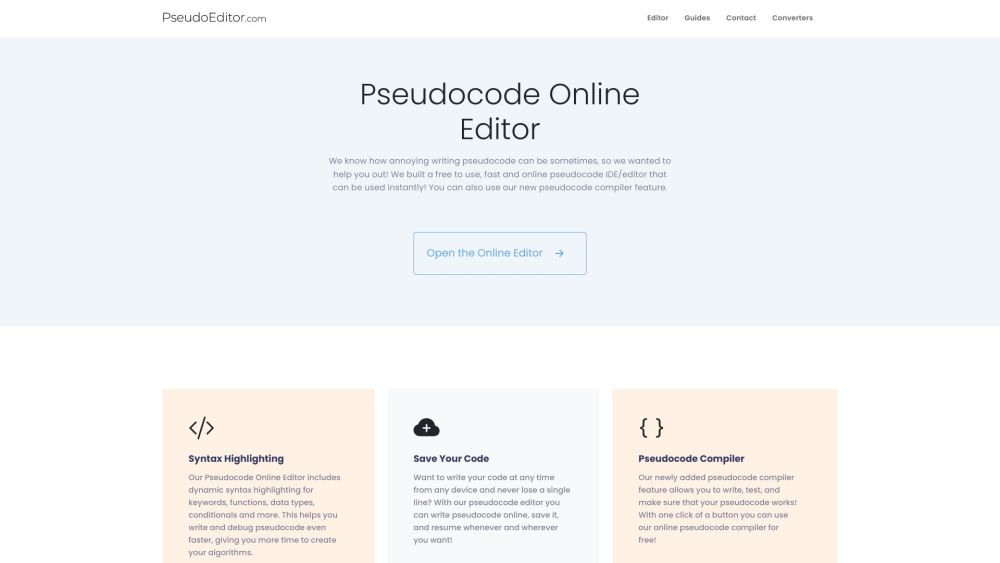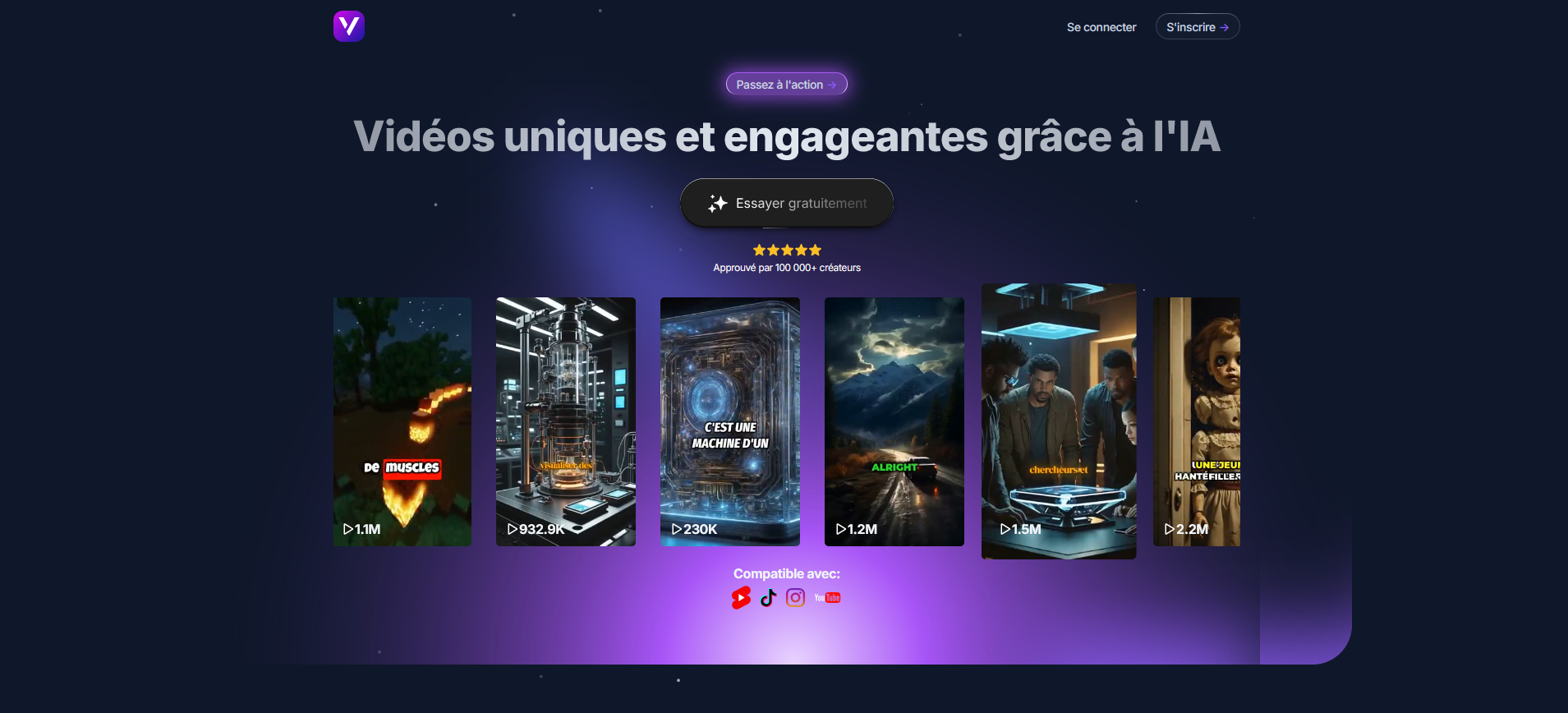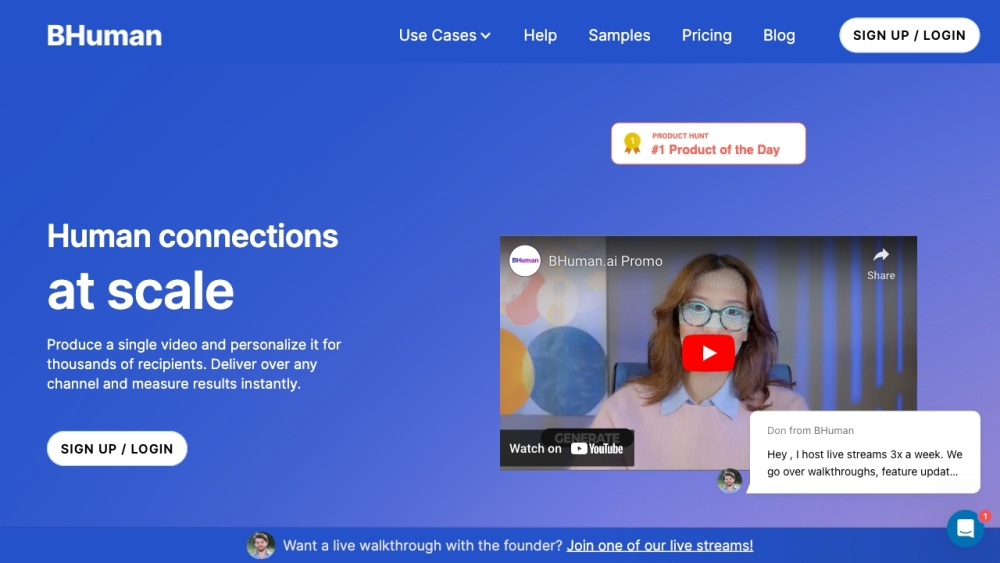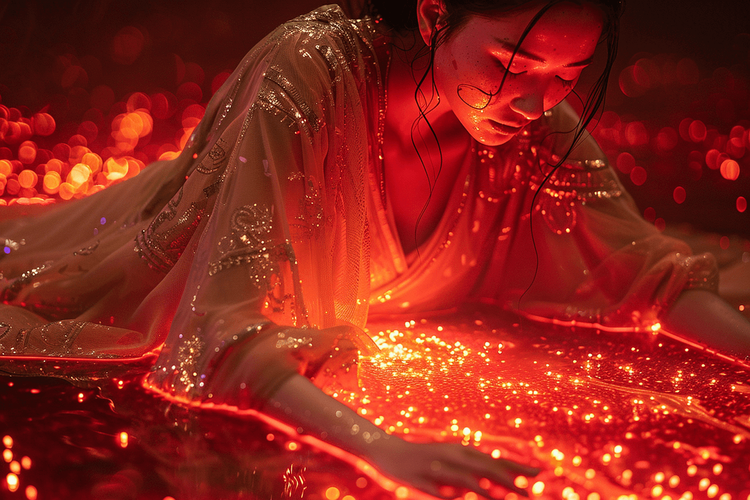Ludo.ai has been at the forefront of integrating AI into game development tools for three years and is now harnessing the power of generative AI with the launch of its text-to-video generator targeted at game developers.
Tom Pigott, CEO of Ludo.ai, announced the beta launch of the Video Generator tool, designed to enable developers to create engaging gameplay videos in just seconds. This innovation promises to revolutionize how game concepts are visually represented.
The Video Generator takes simple text prompts and transforms them into captivating gameplay videos, allowing developers to showcase their ideas clearly. “At Ludo, we recognize the escalating costs of game development, particularly for indie developers. Our Video Generator streamlines the ideation and creation processes, enabling teams to visualize their games in action swiftly,” Pigott explained.
Pigott noted that while his team has long been developing AI tools for gaming, the recent rise of generative AI has solidified its position as a transformative force within the industry. “In the past couple of years, we primarily focused on educating people about these tools. Thanks to platforms like OpenAI and ChatGPT, the understanding of AI's potential has greatly improved,” he stated.
The Video Generator empowers creators to turn their gaming visions into vivid video content, producing insights into game scenes and narratives in mere minutes. Currently, it generates three-second clips, significantly reducing development time and minimizing the risk of lost hours during prototyping.
“This tool enhances productivity and fosters creativity by simplifying the translation of concepts into reality,” Pigott remarked, emphasizing its game-changing role in boosting efficiency for developers worldwide.
Ludo.ai now boasts a comprehensive suite of tools, including ideation, image generation, and video generation, allowing users to create video representations of games that don’t yet exist. This capability provides executives with a clearer vision for potential projects, facilitating easier approvals.
“It offers rapid flexibility,” Pigott added. “I believe 2024 will be the year AI-generated video becomes ubiquitous.”
The Video Generator can produce five to ten seconds of video by leveraging a variety of source models, tailored specifically for game development use.
“We're focused solely on gaming developers,” Pigott clarified, highlighting Ludo.ai's commitment to its niche.
Pigott also expressed confidence in the future of game development jobs, positing that developers will evolve into curators and editors of AI-generated assets. “Our technology alleviates repetitive tasks, offering smaller studios a competitive edge at a low cost,” he said.
Regarding recent industry layoffs, Pigott attributed them to game launches that failed to meet expectations rather than the impact of AI.
A beta feature allows developers to process pre-created video footage through the Video Generator for further experimentation with new features. This AI-driven process expands the developers' capacity for dynamic analysis and implementation.
When it comes to competition, Pigott remains unfazed. “We aim to be the premier platform for small and medium-sized studios seeking AI tools,” he asserted.
Looking ahead to 2024, Pigott is enthusiastic about the potential of the Video Generator. Despite the company's growth—over 30,000 users and now generating revenue—he acknowledged a slower approach to external funding.
“Our ambition remains unchanged: to create a comprehensive AI-powered platform for game developers,” Pigott concluded.
He also believes that the next leap for AI in gaming could involve 3D asset generation, likely starting with user-generated content before advancing to professional applications. However, he acknowledged the challenges posed by the complexities of physics in this area.






